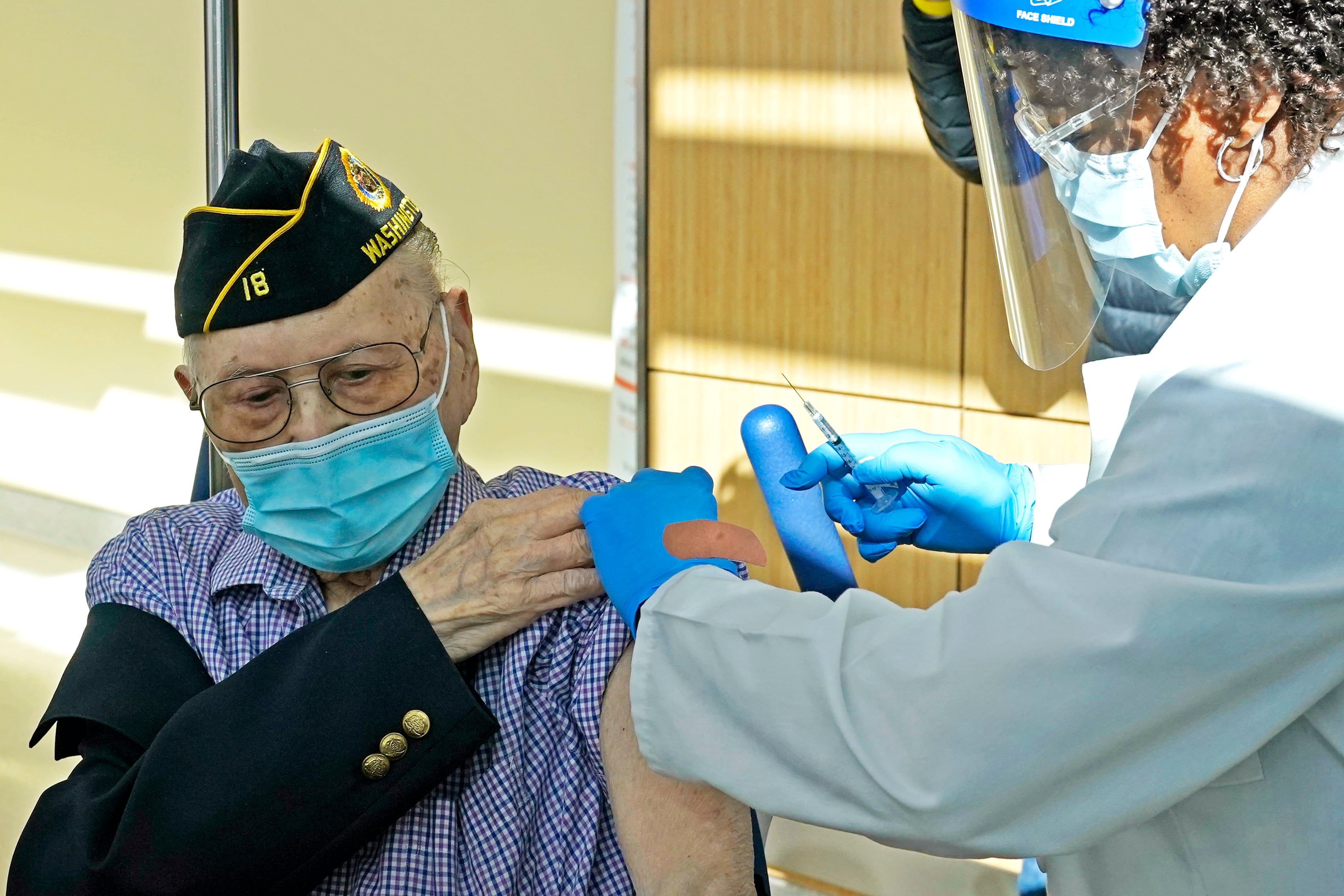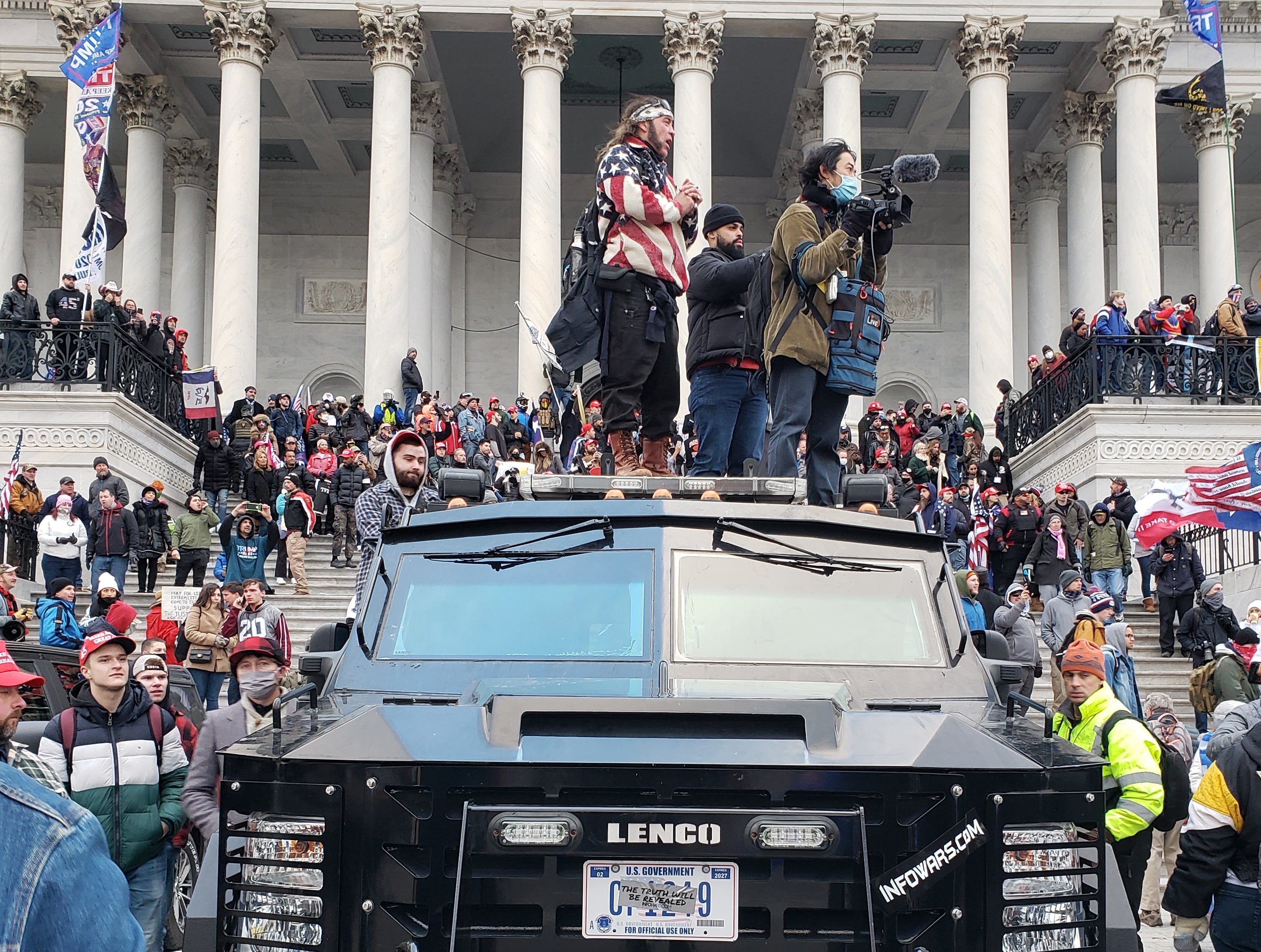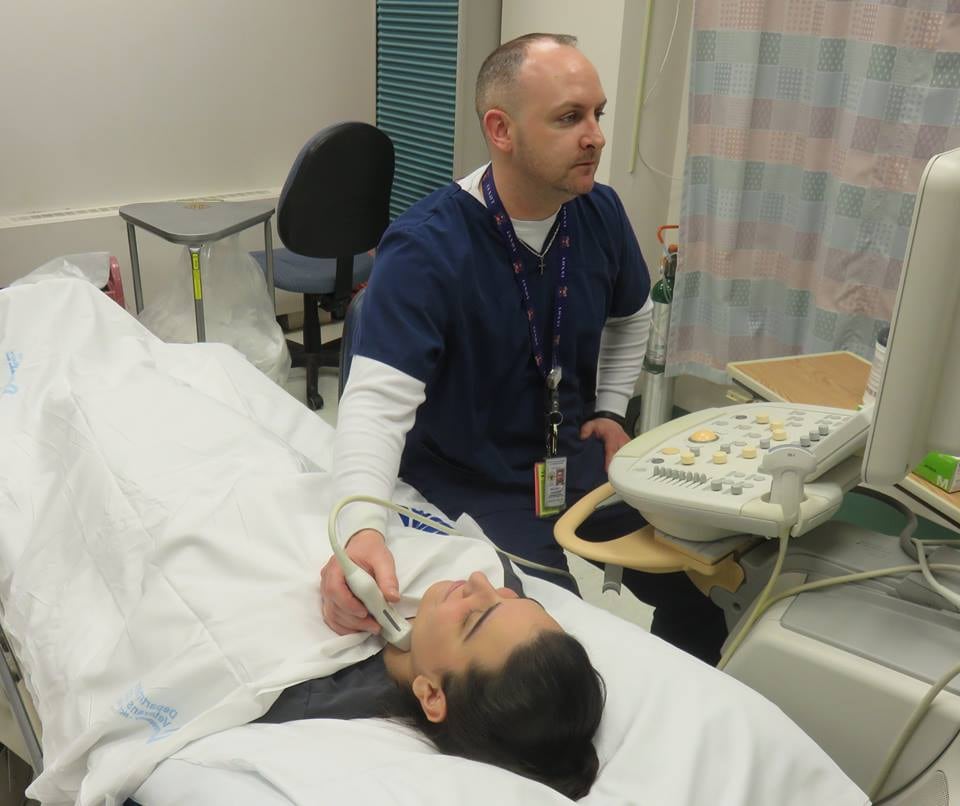Veterans Affairs officials are confident they will be able to reduce the backlog of hundreds of thousands of compensation and pension exams by this fall, but watchdog groups are expressing more skepticism that such a goal is realistic.
“Yes, they have increased examiners across the nation, but the new alternate methods tend not to be as impactful as Veterans Benefits Administration officials had hoped,” Brent Arronte, deputy assistant at the VA Office of the Inspector General, told lawmakers during a House hearing on Tuesday.
“My fear right now in watching these numbers every month is that we might be getting into a situation where they’re just treading water.”
Compensation and pension exams are a key part of the process for veterans to receive disability benefits. In most cases before payouts begin, VA requires some type of review by a medical expert to confirm a veteran’s injuries and the severity of its impact.
RELATED

All compensation and pension exams were suspended for two months in spring 2020 in response to the coronavirus pandemic. Veterans Affairs officials said that pause alone added about 200,000 exams to the backlog of unmet requests.
At the start of March, about 357,000 exam requests were pending, nearly three times the 130,000 pending at the end of February 2020.
Veterans Affairs officials have repeatedly promised that veterans awaiting exams will not be punished for the delays, and will receive appropriate back benefits once their cases are approved. But outside advocates have noted that still means months of waiting for veterans to have their cases finalized before those payouts begin.
David McLenachen, executive director of the Veterans Benefit Administration’s Medical Disability Examination Office, said officials hope to bring down the backlog to pre-pandemic levels by the end of this fiscal year, Sept. 30.
He said exam operations are returning to normal, and outside contractors have dramatically ramped up their workload in recent months. However, the department still needs to process about 8,000 more exams a week than they are today in order to reach the fall goal.
On Tuesday, Arronte said that online health meetings and other alternatives to in-person exams have helped efforts to address the backlog. But they still make up only a small fraction of total exams, meaning their impact thus far has been limited.
And officials from the Government Accountability Office this week released a new analysis of the backlog and chastised VA leaders for not developing a clear, long-term plan to address the issue.
McLenachen dismissed that criticism.
“I would love to do ordinary business planning and forecast out when certain events would happen and when we can achieve the goal,” he told lawmakers. “But simply stating that we need to plan for when exactly certain events will happen between now and the goal that we’ve established is a very difficult thing to do during the pandemic.”
However, members of the House committee said they have concerns about that approach.
“There should be a written plan,” said Rep. Elaine Luria, D-Va., chairwoman of the House Veterans’ Affairs Committee’s panel on disability assistance. “You can always use it as a planning tool and deviate from it as needed. But I think a written plan would help all of the stakeholders and the veterans understand the timeline for reducing this backlog.”
RELATED

Veterans groups said the challenge facing VA isn’t just the immediate backlog total, but the potential of what it can become.
The department already has about 30,000 new cases enter the system each month. But with new changes mandated by Congress in recent years to presumptive conditions for tens of thousands of Vietnam veterans, those numbers could increase. Future approval of other toxic exposure benefits issues like burn pit exposure could lead to even higher levels.
“The moment VA suspended all exams an unavoidable backlog began building,” said Ryan Gallucci, director of the National Veterans Service at the Veterans of Foreign Wars. “Rebuilding from this pandemic will present challenges to everyone involved in the VA claims process, and we must all work to ensure veterans do not slip through the cracks.”
Leo covers Congress, Veterans Affairs and the White House for Military Times. He has covered Washington, D.C. since 2004, focusing on military personnel and veterans policies. His work has earned numerous honors, including a 2009 Polk award, a 2010 National Headliner Award, the IAVA Leadership in Journalism award and the VFW News Media award.




